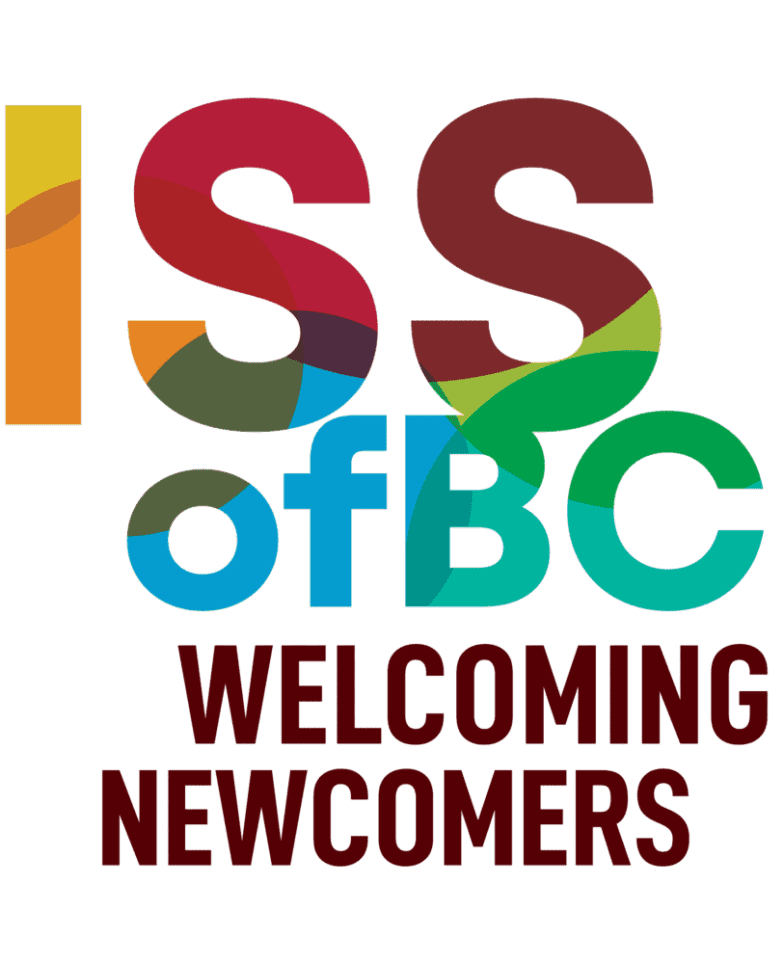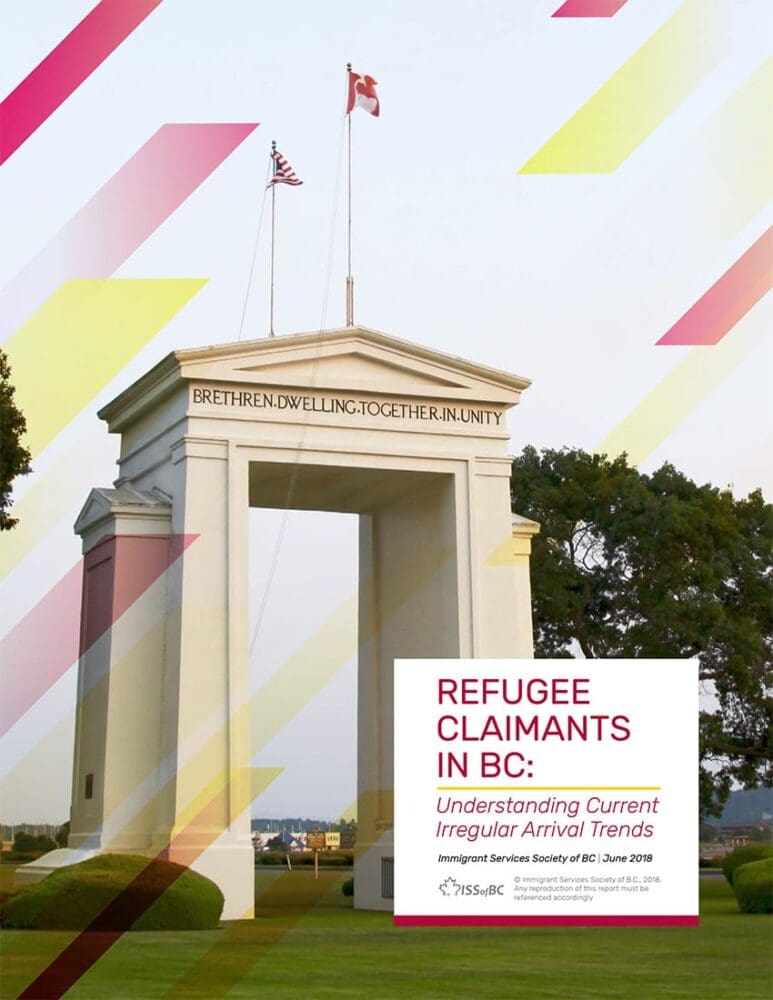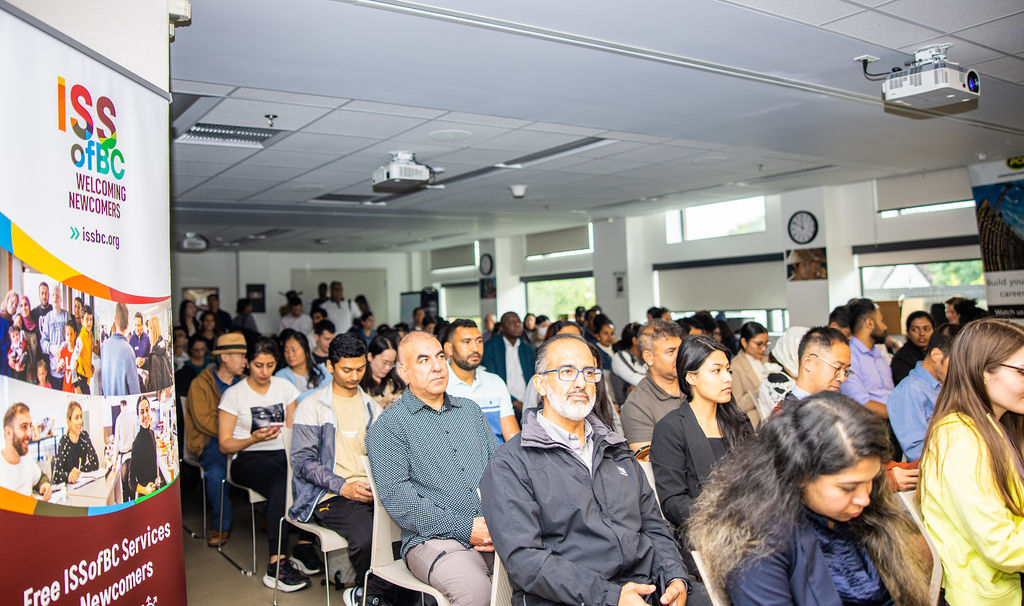To mark World Refugee Day, ISSofBC released a survey report focused on the experiences of new refugees to British Columbia, to help provide better refugee services in the future.
The survey interviewed 311 refugee claimants or asylum seekers who entered B.C. between October 1, 2016, and December 31, 2017.
The report examines how refugees are currently faring in Canada, and how this data can be used to predict future trends and improve refugee services.
The report — Refugee Claimants in BC: Understanding Current Irregular Arrival Trends — has many fascinating findings. Here are some of the key points revealed by the survey:
- The majority surveyed refugees were highly educated: 72% had post-secondary education, and 96% self-reported English proficiency.
- 85% of participants were employed in their home country, with 32% working in highly skilled occupations.
- 57% of participants were employed in Canada at the time of the survey, with over 90% of those now working in lower skilled jobs than in their home country.
- 91% of participants entered Canada directly into B.C.
- The top reasons for choosing B.C. were proximity to the United States (68% entered Canada via the U.S. as a transit country), the weather, and the ability to live near friends, family, and others in their ethnic group.
- Findings indicate that although almost 50% initially settled in Vancouver, where refugee services are more easily available, many moved to more affordable suburbs.
Some of the common challenges reported were finding housing and employment, and navigating the legal system and refugee claimant process.
This first-language survey was conducted by phone. Respondents came from 46 different countries, with the majority in the Middle East: 51% of those surveyed came to Canada from Afghanistan, Iraq, and Iran.
It’s our hope this information can be used to offer better refugee services for future newcomers to Canada. ISSofBC currently provides a wide range of settlement services, free English classes and employment programs. You can also visit our resources to find additional information on available support.
A new web-based information tool has been introduced for refugee newcomers facing challenges in accessing refugee services.
Newcomer.info is a web-based texting platform aimed at improving access to services by bringing useful information within easy reach of newcomers, particularly those prevented from finding in-person support by low income and language barriers. The pilot is currently underway, and is expected to redefine how newcomers will be served in the future.




